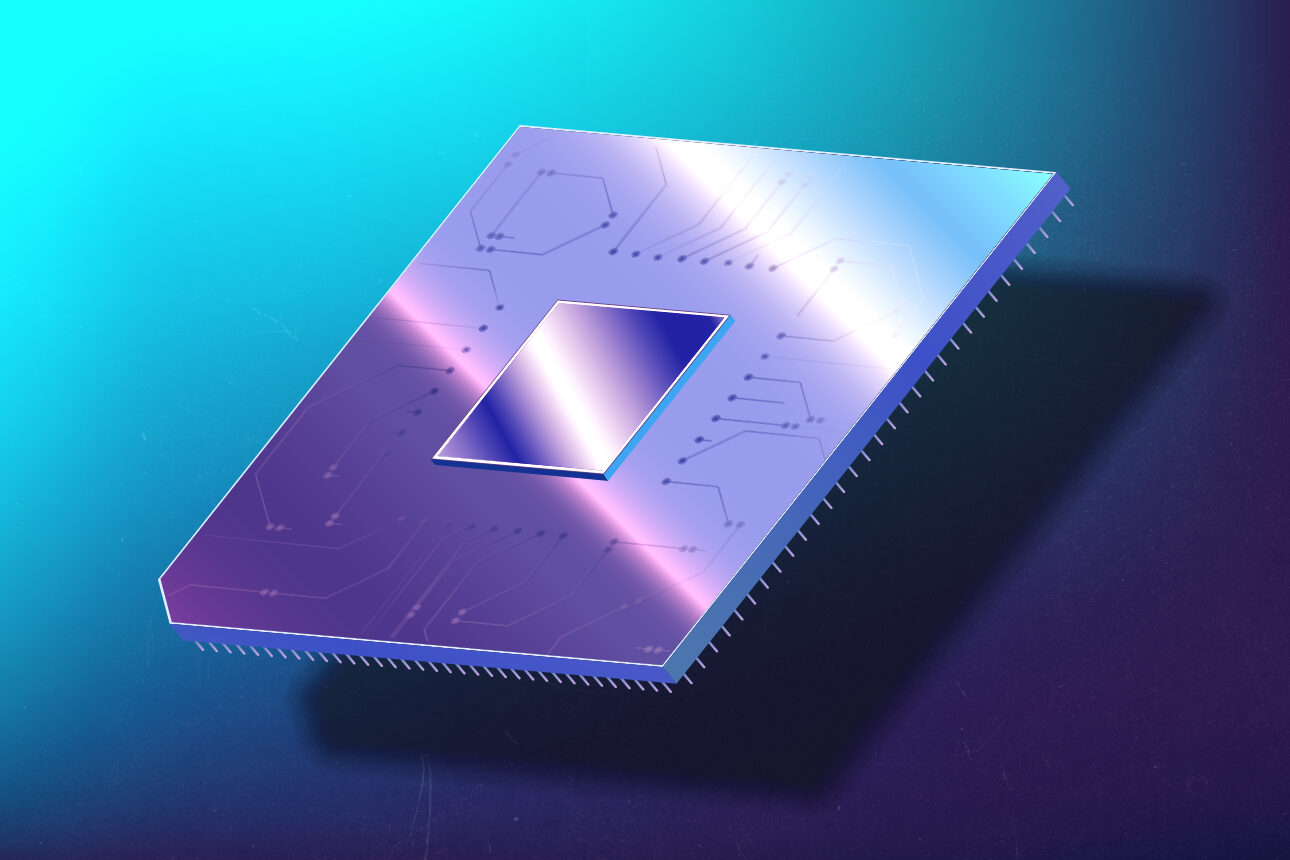Amazon Web Services Ocelot Chip Aims to Cut Quantum Computing Costs by 90%
Ocelot features a novel architecture with quantum error correction integrated from the ground up, utilizing 'cat qubits'
News
- CERN and Pure Storage Partner to Power Data Innovation in High-Energy Physics
- CyberArk Launches New Machine Identity Security Platform to Protect Cloud Workloads
- Why Cloud Security Is Breaking — And How Leaders Can Fix It
- IBM z17 Mainframe to Power AI Adoption at Scale
- Global GenAI Spending to Hit $644 Billion by 2025, Gartner Projects
- e& enterprise Partners with MIT Sloan Management Review Middle East for GovTech Conclave 2025

[Image source: Krishna Prasad/MITSMR Middle East]
Amazon Web Services (AWS) has recently unveiled Ocelot, a new quantum computing chip designed to drastically reduce the cost of implementing quantum error correction by up to 90%, compared to current methods.
Developed at the AWS Centre for Quantum Computing in collaboration with the California Institute of Technology, Ocelot marks a significant advancement in the pursuit of fault-tolerant quantum computers capable of solving complex problems beyond the capabilities of today’s conventional computers.
Ocelot features a novel architecture with quantum error correction integrated from the ground up, utilizing ‘cat qubits’—named after Schrödinger’s cat thought experiment. These cat qubits naturally suppress certain types of errors, significantly reducing the resources needed for error correction. AWS has successfully incorporated this technology alongside additional quantum error correction components on a scalable microchip, using manufacturing processes borrowed from the microelectronics industry.
As history shows, fundamental hardware advancements have driven progress in computing. For instance, the shift from vacuum tubes to transistors enabled the miniaturization of computers, enhancing their performance and reliability. Similarly, AWS’s new approach is a critical step in developing efficient and scalable fault-tolerant quantum computers.
“With the recent advancements in quantum research, it is no longer a matter of if, but when practical, fault-tolerant quantum computers will be available for real-world applications. Ocelot is an important step on that journey,” said Oskar Painter, AWS Director of Quantum Hardware. He added that quantum chips based on Ocelot’s architecture could cost as little as one-fifth of current approaches, potentially accelerating the timeline to a practical quantum computer by up to five years.
Though still a prototype, Ocelot is expected to drive advances in quantum computing, including applications in drug discovery, materials production, and financial risk modeling. AWS is committed to further refining its approach, with continued investments in quantum research and development.





